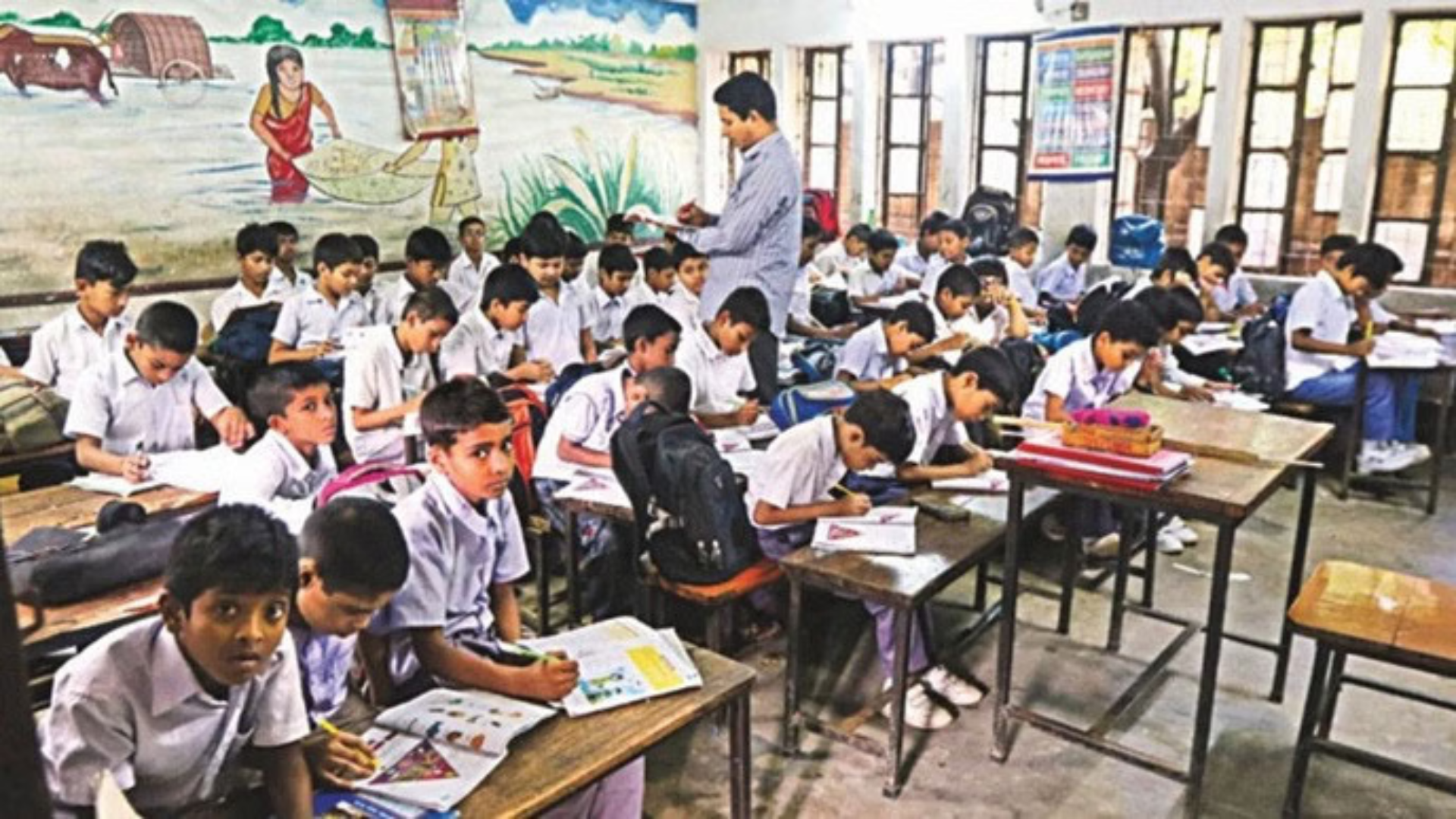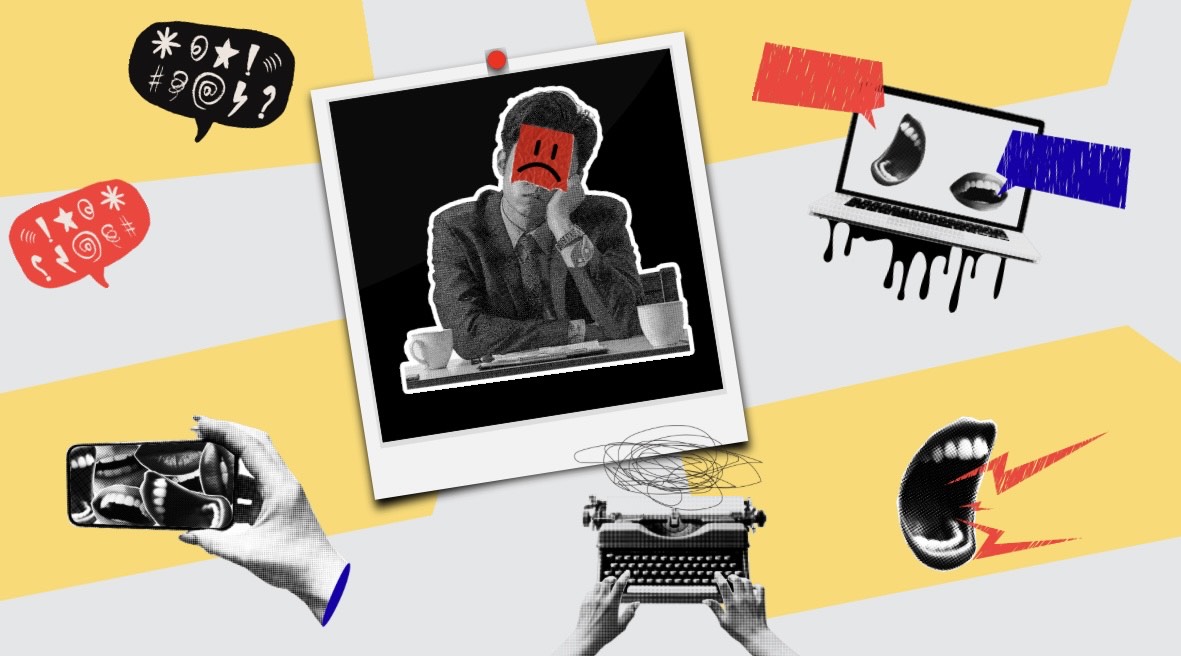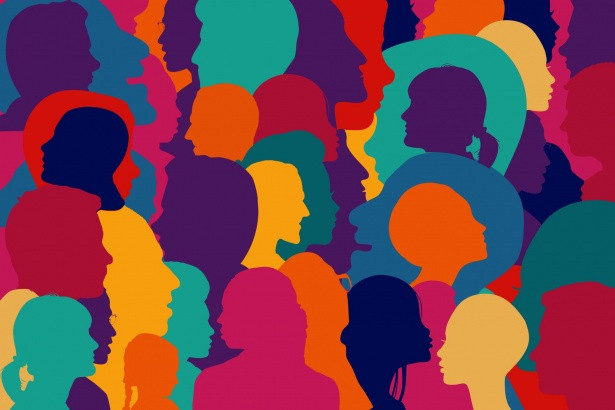Without song, the soul is a desert

A refrain from a well-known old film song loops in my head: "Baba bole gelo/ Ar kono din gaan koro na/ Keno bole gelo/ Shey kotha ti bole gelo na/ Gaan jodi prithibi te nai thakto/ 'sa re ga ma pa dha ni sa' ki kore hoto!"
Written by Amjad Hossain, composed by Alauddin Ali and sung by Shamima Yasmin Diba, this catchy tune from Jonmo Theke Jolchhi once seemed silly to me as a child, fuel for parody and inside jokes in the family. Only now do I understand its quiet heartbreak.
The song grieves the imagined loss of music, asking: if singing is forbidden, why have so many songs been written about the children we have lost? It insists that songs are not just entertainment but a vehicle for mourning, protest, inspiration, and memory. The message of that film song is that music is vital to human expression and resistance; without it, the world loses something fundamental. Without music, the soul becomes a desert.
I remember the overwhelming emotion when thousands sang "Dhono Dhanne Pushpe Bhora" during the protests in July-August last year. I think of the brave voices of the Bangladesh Mukti Sangrami Shilpi Sangstha in 1971, the young artistes singing in the refugee camps and on the battlefronts to lift spirits and unify a nation. Their work, captured in Muktir Gaan, a documentary by Catherine and Tareque Masud based on footage captured by American filmmaker Lear Levin, remains a testament to music's power in the fight against oppression.
There are other songs we grew up with that still echo in our minds. Sabina Yasmin singing:"Shob kota janala khule dao na/ Ami gaibo, gaibo bijoyeri gaan/ Ora ashbe/ Chupi chupi…" The thunderous notes from a fiery chorus of "Purbo digontey surjo uthechhe..."
Growing up in the 70s and 80s Dhaka, singing the national anthem in school assemblies, taking part in dance dramas, going to music class to learn our "sa re ga ma"—all these were routine for most Bangalee middle-class families. At the same time, Muslim children had Arabic teachers who taught the teachings of the Quran, prayers, and the basics of Islam. Music and religion were never in conflict. They coexisted. They have made us who we are as Bangladeshi Muslims.
Which is why the recent uproar over the government's decision to appoint music teachers in primary schools is so baffling. One group calls it a "suicidal move for the nation." Another claims that it's part of an "anti-Islam agenda." They demand that the gazette be revoked and replaced with religious teacher appointments to "foster morality and values."
But what would Bangladesh be without Lalon Shah, Abbasuddin Ahmed, Shah Abdul Karim? Without Rabindra Sangeet, Nazrul Geeti, or those unforgettable adhunik (modern) numbers that are still sung and heard with nostalgia? Without voices like Shahnaz Rahmatullah, Runa Laila, Farida Parveen, Ajit Roy, Feroza Begum, Abdul Jabbar, Abdul Alim, or Sanjida Khatun? Without the strings strummed by Ustad Allauddin Khan, Ustad Barin Mazumder, or Ustad Khadem Hossain Khan?
What if young people never heard the music of Souls, Miles, Joler Gaan, Chirkutt, Shunno, Nagar Baul, Artcell, Warfaze, Aurthohin, or Nemesis? What if there had been no Azam Khan, Lucky Akhand, Ayub Bachchu, or James?
Can we even imagine such a Bangladesh, devoid of its rich musical heritage?
One group has declared that appointing music teachers in primary schools is a betrayal of faith for the country's 92 percent Muslim population. But as far as we know, religious education has already been a part of the curriculum in public schools from Class 5. Many primary-level children also study religion privately, and numerous families send their children to madrasas. There has been no objection to this, nor have there been rallies to ban religious education.
So why this outcry over music teachers?
The irony is that the most beautiful religious expressions, such as the recitation of scripture, hamd, naath, qawwali, and even waaz mehfils, come through melody. Music has long been a part of religious life in this region.
To argue that music causes moral decay is not only baseless—it's dangerous. Music comforts us in sorrow, amplifies our joy, inspires empathy, and ignites protest. It makes us more human. To claim that it threatens our values is to deny the very foundation of our cultural and spiritual heritage.
Pitting religion against music is misleading and divisive. To say music undermines morality is a deliberate attempt to erase the syncretic traditions that define us. This is not just an attack on music; it is an attack on who we are as Bangladeshis.
Aasha Mehreen Amin is joint editor at The Daily Star.
Views expressed in this article are the author's own.
Follow The Daily Star Opinion on Facebook for the latest opinions, commentaries and analyses by experts and professionals. To contribute your article or letter to The Daily Star Opinion, see our guidelines for submission.




 For all latest news, follow The Daily Star's Google News channel.
For all latest news, follow The Daily Star's Google News channel. 





Comments